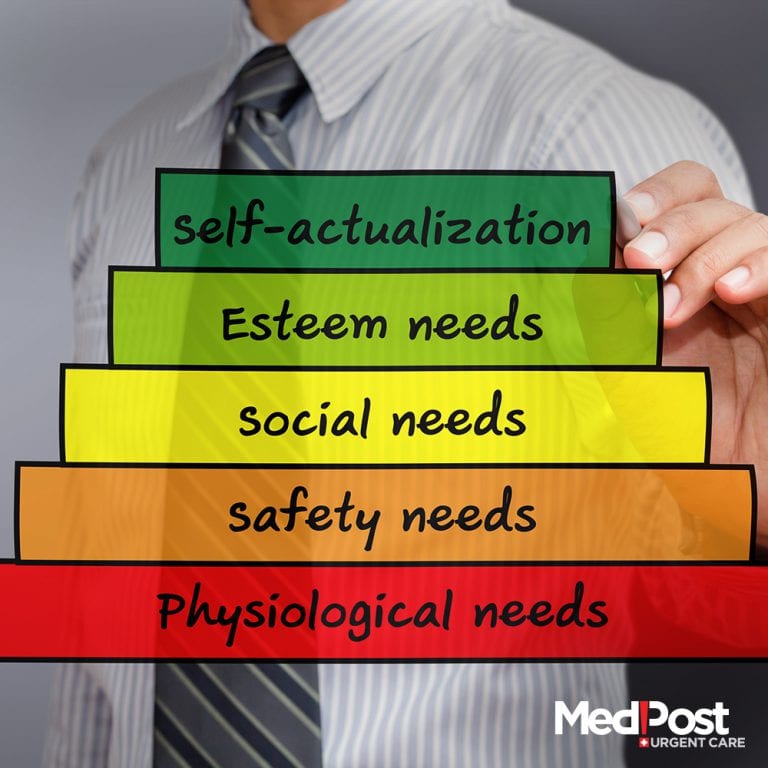Can a simpler life make you happier?
August 31, 2015

It seems a trend has evolved over the last few years: magazines display headlines urging readers to “Simplify Your Lifestyle!” and websites offer “Ten Easy Steps!” to streamline every aspect of daily existence.
But – beyond the fad – is there really value in choosing a simpler way of life?
We all know a friend, it seems, who has a successful career, a thriving family, and good health. And yet… they seem constantly weighed down and stressed out. We might even be this person.
That double bind of having it all but still not being satisfied is where voluntary simplicity comes into play. The phrase represents a tool that can help address discontent or frustration caused by having or doing too many things because you “should,” rather than because you really want to.
The Human Hierarchy of Needs
The classic model of Maslow’s Hierarchy of Needs proposes that, once people are physically safe and have their basic needs secured, they begin to seek quality relationships and new challenges in order to become more fulfilled.
This philosophy is at the core of voluntary simplicity. Once your lifestyle is stable enough to allow it, it’s worth taking the time to ask: What makes you happy and helps you evolve? Do you frequently put those things aside in a rush to acquire more material comforts, garner more prestige, or even just say “yes” to every request you receive?
While the words “voluntary simplicity” may bring to mind images of moving to some rustic sheep farm and living off the land, the idea is actually less about overhauling your entire life or image, and more about focusing on where you want to invest your finite resources within the life you have.
How to Get Started
So – and this needs to be said – quitting your job tomorrow because it isn’t your single greatest passion won’t actually simplify your life. As Maslow understood, people need a basic level of stability and security before they can pursue more lofty goals.
Your version of simplicity, however, might involve spending less time playing video games and more time studying for a degree that will eventually lead to a job you love. (It’s true, one part of creating of an intentional life means trading some short-term pleasure for long-term satisfaction.)
So, at the risk of sounding like one of those “how to” websites, here are some very general steps for building an intentional life based on your core values:
- Decide if you have any overarching goals to achieve, and plan how the next steps to achieve them will fit into your life.
- Ponder how you really like spending your time, and devote as many hours to those activities as you can (while also moving toward your goals).
- Consider which people bring you joy, and strengthen your connections with them.
- Make a list of the possessions you actually cherish and use – de-clutter the rest!
- Don’t forget to leave some time for self-care, whatever that looks like for you.
These steps will likely take work, both physical (cleaning house) and emotional (having honest conversations with toxic friends). They may also mean practicing saying “no” – do you really need to be on every committee at your children’s school? Or could you choose just one way to contribute and use the newfound free time to be with your kids?
Once you’ve lightened the load of possessions, activities, and people that keep you busy organizing, scheduling, and entertaining, you’ll have more money, time, and emotional energy for the things you’ve decided add real quality and happiness to your life.
— Jennie Saia, Contributing Editor
